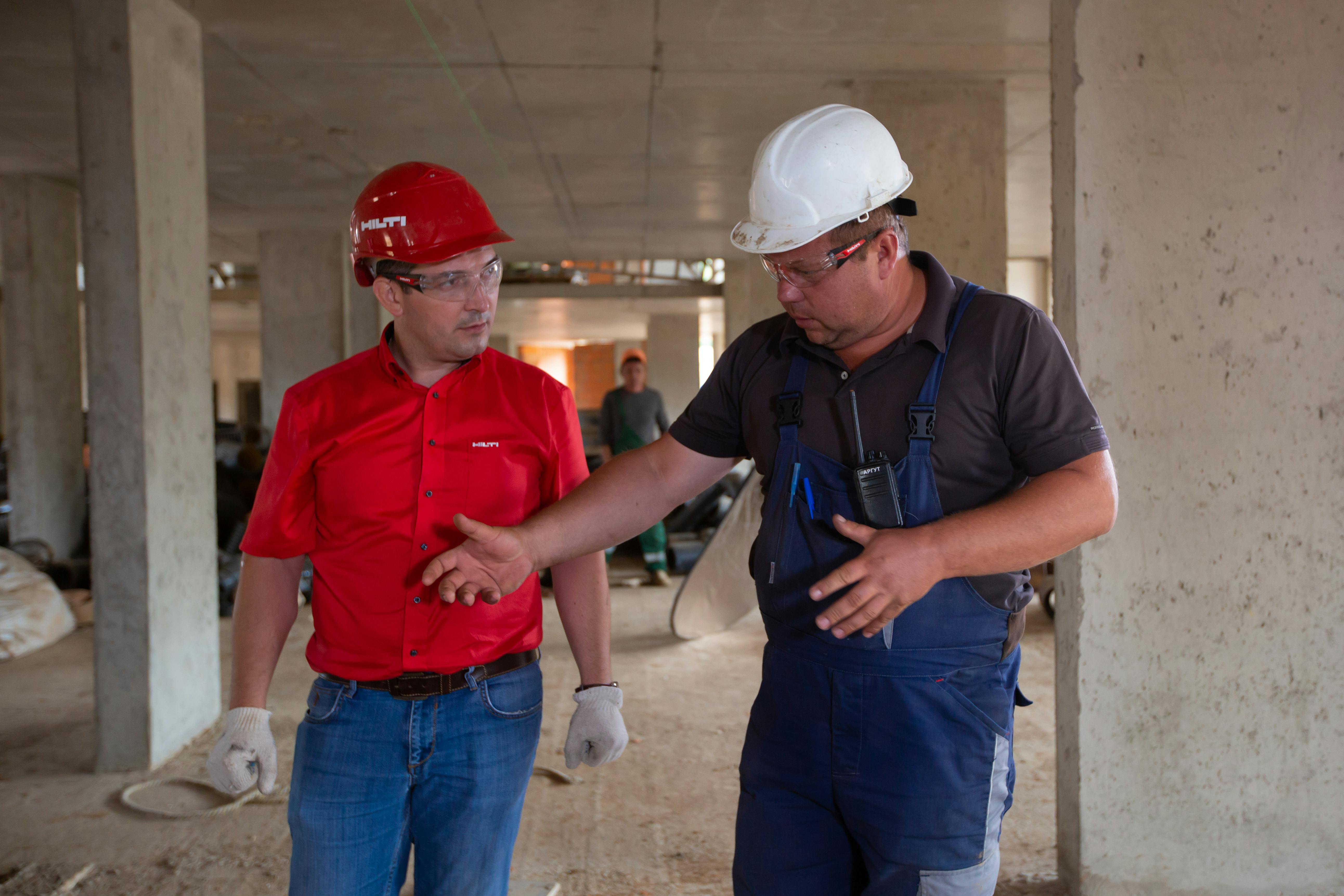Cost Control Mastery: Unleashing the Potential of Building Quantity Surveyors
factor that can make or break success. At the forefront of this financial stewardship are Building Quantity Surveyors (BQS), professionals endowed with the expertise to navigate the complex landscape of cost estimation, procurement management, and contract administration.
The mastery of cost control by these individuals is not merely a skill; it is the key to unlocking the full potential of construction endeavors. In this exploration, we delve into the significance of cost control for Building Quantity Surveyors, understanding how their proficiency is a linchpin in ensuring projects stay within budgetary confines while maximizing efficiency and success. Join us on a journey into the world of "Cost Control Mastery: Unleashing the Potential of Building Quantity Surveyors." Visit section94.com.au for more details.
The Essential Functions of Building Quantity Surveyors
Building Quantity Surveyors are often referred to as the financial backbone of construction projects. Their primary responsibility is to manage all costs related to building and civil engineering projects, from initial estimates to the final accounts. The key functions include:
Cost Estimation and Budgeting
At the project's inception, BQS professionals meticulously assess and estimate the costs involved. This involves a comprehensive analysis of materials, labor, equipment, and overheads. By creating accurate budgets, BQS sets the financial framework for the project.

Procurement Management
BQS plays a vital role in the procurement process, ensuring that materials and services are acquired at the best possible prices without compromising quality. Effective negotiation skills and a deep understanding of the market are crucial in this phase.
Cost Monitoring and Control
Throughout the project lifecycle, BQS monitors expenditures against the budget, identifying any variances and addressing them promptly. This proactive approach prevents cost overruns and ensures financial discipline.
Contract Administration
BQS professionals are responsible for managing contracts and ensuring that all parties adhere to the agreed-upon terms. This involves thorough document review, change order management, and resolution of any financial disputes.
The Impact of Cost Control on Project Success
Cost control mastery is not merely about number crunching; it's about steering the project towards success. Effective cost management by Building Quantity Surveyors has a ripple effect on various aspects of a construction project.
- Project Viability and Feasibility: Before a project kicks off, BQS evaluates its financial viability and feasibility. By conducting detailed cost analyses, they provide stakeholders with insights into potential risks and opportunities, enabling informed decision-making.
- Timely Completion: Cost control measures contribute significantly to project timelines. BQS identifies potential delays caused by budgetary constraints and takes preemptive actions to mitigate these issues, ensuring projects are completed on schedule.
- Quality Assurance: Balancing cost considerations with quality is a delicate art. BQS ensures that cost-cutting measures do not compromise the integrity and safety of the structure. Their expertise in value engineering helps in optimizing costs without sacrificing quality.
- Stakeholder Confidence: Transparent and effective cost control builds confidence among stakeholders, including investors, clients, and contractors. BASs ability to keep the project within budgetary limits enhances credibility and fosters trust.
Embracing Technology in Cost Management
In the digital age, Building Quantity Surveyors have a plethora of tools at their disposal to streamline cost control processes. Advanced software and platforms allow for real-time tracking of expenses, instant data analysis, and improved collaboration among project stakeholders.

Building Information Modeling (BIM)
Building Information Modeling (BIM) is a digital method for designing, constructing, and managing buildings. It involves creating detailed 3D models that incorporate information about a structure's physical and functional characteristics, facilitating improved collaboration and efficiency throughout the construction process.
Cost Control Software
Cost Control Software is a digital tool designed to streamline and automate financial management processes in various industries. It helps organizations track expenses, manage budgets, and analyze financial data with efficiency and accuracy. This software plays a crucial role in enhancing cost control measures, providing real-time insights, and contributing to effective decision-making.
Continuous Professional Development for Building Quantity Surveyors
Staying abreast of industry trends and advancements is essential for BQS professionals aiming to master cost control. Continuous learning ensures they are equipped with the latest tools and techniques to navigate the evolving landscape of construction projects.
Professional Certifications
Professional certifications validate expertise in a specific field or industry. They are formal credentials awarded by recognized organizations, indicating that an individual has attained a certain level of knowledge and skill. These certifications enhance credibility, open doors to opportunities, and demonstrate a commitment to professional development.
Industry Seminars and Conferences
Industry seminars and conferences are events where professionals gather to share insights, discuss trends, and network within their respective fields. These gatherings provide a platform for knowledge exchange, presenting the latest industry developments, best practices, and case studies. Attending such events fosters connections, keeps individuals abreast of emerging trends, and contributes to ongoing professional development.

